Activities
Governments, organisations and institutions are using the 1.5°C national pathway explorer to do research, reporting, organise workshops and events. Find out more about where it has been used in the past.
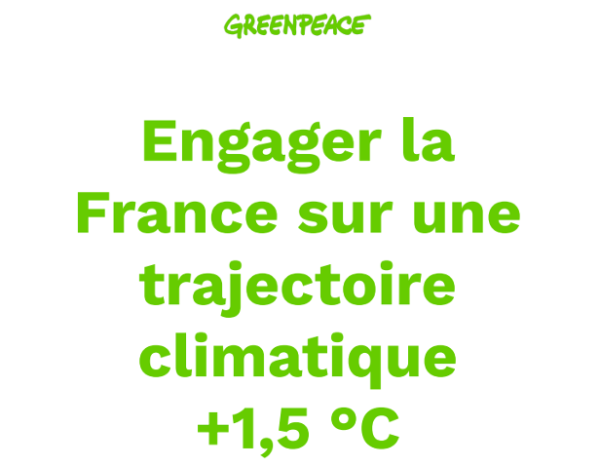
Engager la France sur une trajectoire climatique +1,5 °C
Greenpeace uses 1.5ºC national pathway explorer data and analysis in a report identifying key deadlines for France to achieve 1.5ºC compatibility and climate neutrality.
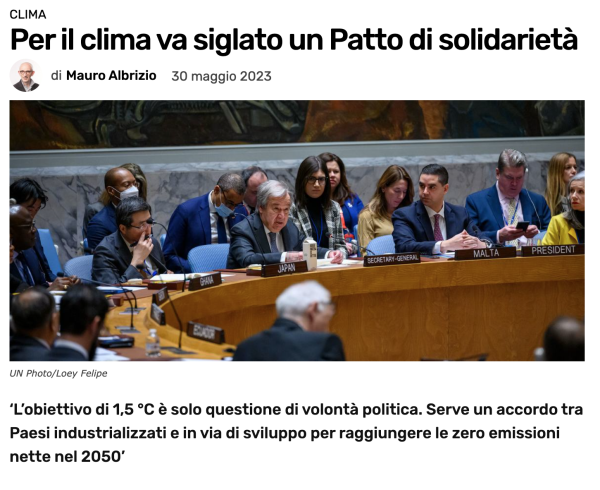
Per il clima va siglato un Patto di solidarietà
La Nuova Ecologica cites our analysis of Italy’s power sector, which finds the country needs to reach 100% renewable energy in the power mix by 2040.
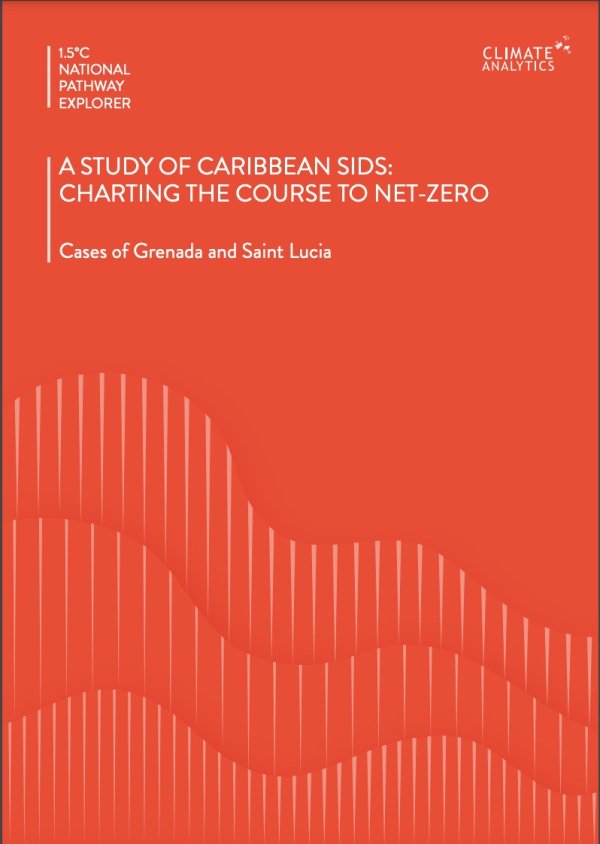
A Study of Caribbean SIDS: Charting the course to net-zero
This Climate Analytics report uses sectoral bottom-up models developed for the 1.5°C National Pathway Explorer to show optimal decarbonisation pathways for the power and transport sectors in Grenada and Saint Lucia.
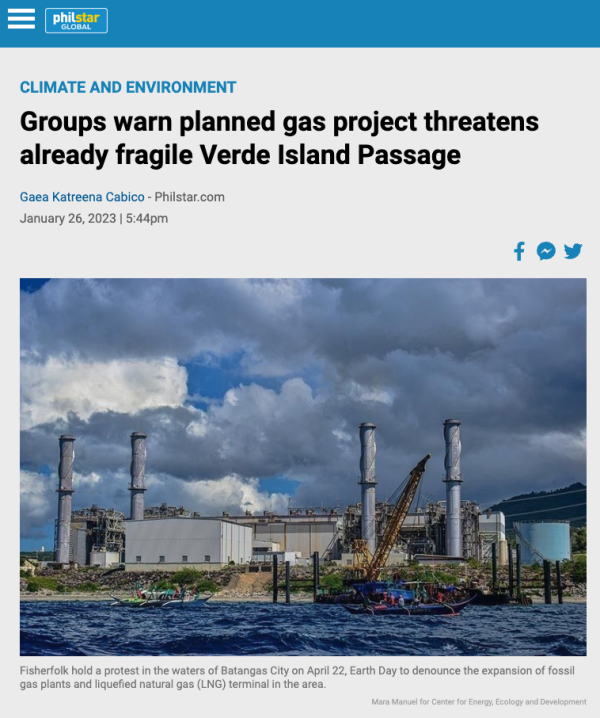
Groups warn planned gas project threatens already fragile Verde Island Passage
The 1.5°C National Pathway Explorer analysis for the Philippines power sector was cited in an article about planned gas development in the country, specifically on gas expansions’ incompatibility with climate objectives and impacts to the Verde Island Passage’s marine biodiversity.
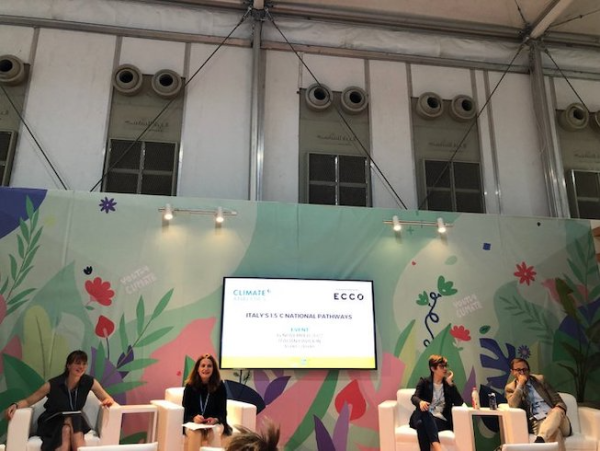
COP27 side event: Italy's 1.5°C national pathways
Climate Analytics and ECCO presented analysis from the 1.5°C national pathways explorer for Italy during COP27. The side event highlighted the three largest emitting sectors (transport, buildings and power) and pathways to decarbonisation for 2030 and 2050.
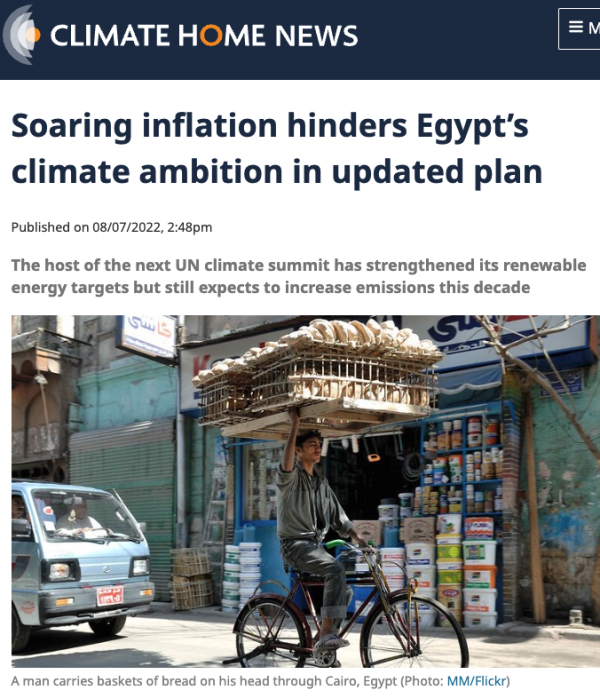
Soaring inflation hinders Egypt’s climate ambition in updated plan
Press article from Climate Home News references the 1.5°C National Pathway Explorer analysis for Egypt, which finds that to be compatible with 1.5°C, Egypt would need to peak its emissions immediately and reduce them 22% below 2015 levels by 2030.
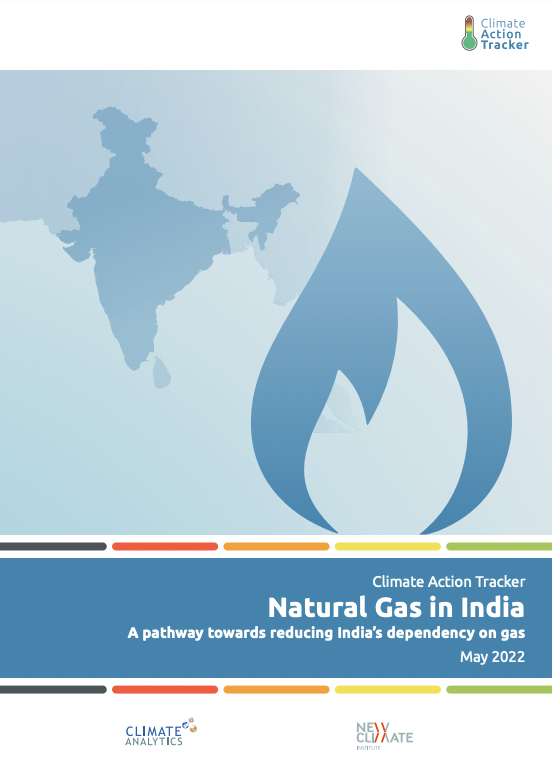
Natural gas in India: A pathway towards reducing India’s dependency on gas
Following the release of ‘Natural gas in Africa,’ the Climate Action Tracker published a study Natural Gas in India, examining the role of gas and pathways to decrease dependency on gas. This study builds upon the 1.5 compatible pathways analysis for India.
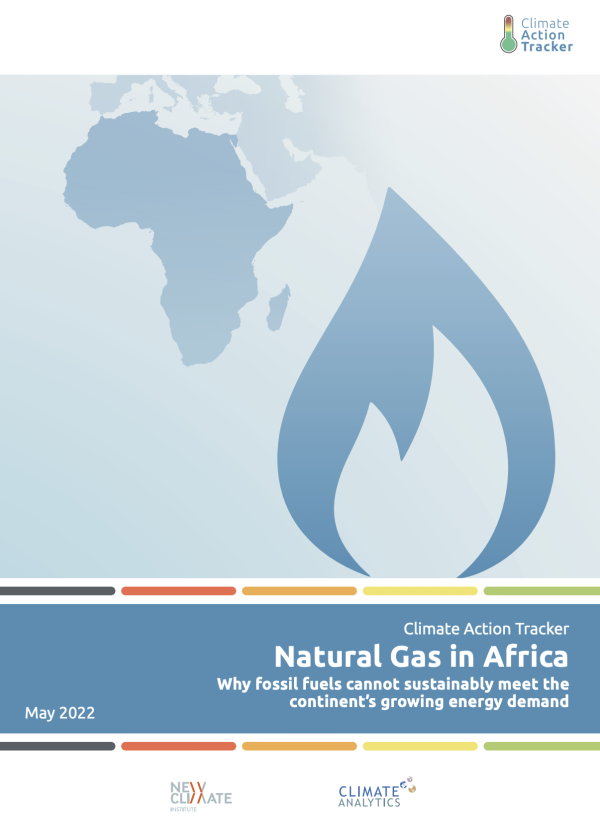
Natural gas in Africa: Why fossil fuels cannot sustainably meet the continent’s growing energy demand
The Climate Action Tracker has published a study on Natural Gas in Africa with a special focus on Egypt, Nigeria, and Senegal and analyses the benefits of transitioning away from fossil fuels. It builds upon selected 1.5°C compatible pathways provided by the National Pathway Explorer.

Heatwave and war are unveiling the vulnerability of India’s coal dominated power sector
Referencing India’s 1.5°C national pathways profile, Dr. Nandini Das writes about the country’s energy crisis and how a response to it should be ramping up renewable energy, not coal.
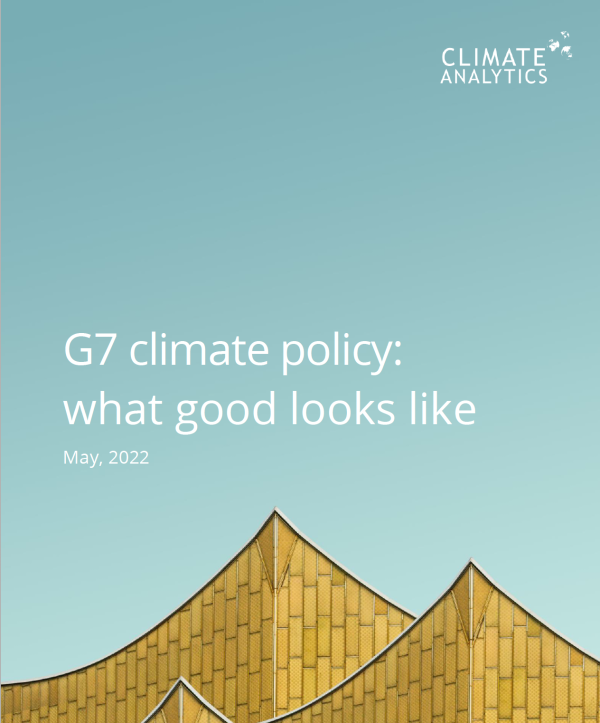
G7 climate policy: what good looks like
This policy brief outlines six key policy recommendations using the 1.5°C pathway explorer for this June’s G7 summit that, if adopted, would demonstrate the ambition and leadership needed to keep the 1.5°C limit in sight and to maintain the momentum that was developed at COP26.
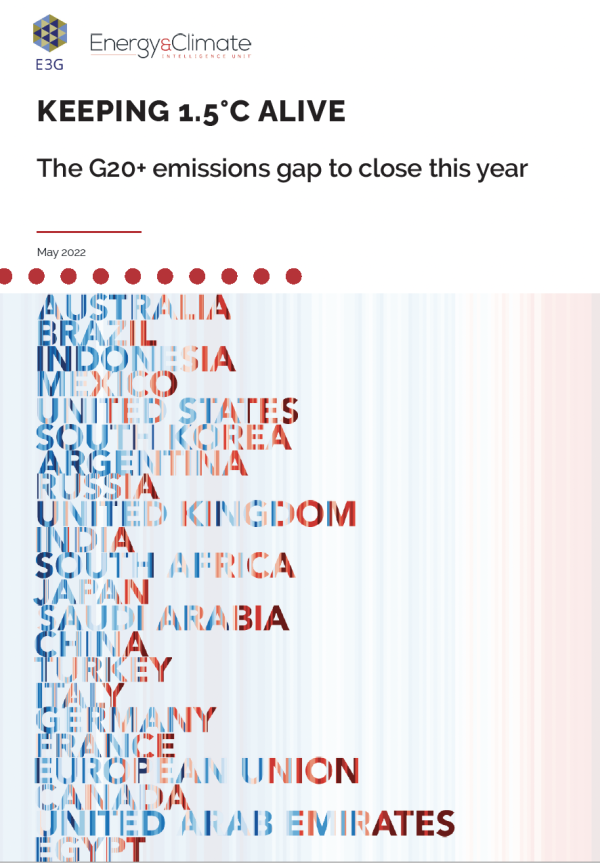
"KEEPING 1.5°C ALIVE The G20+ emissions gap to close this year"
E3G and Energy&Climate Intelligence Unit looked at what the world’s biggest economies need to do this year to keep 1.5°C alive. The report uses, among others, analysis from the 1.5°C National Pathway Explorer.
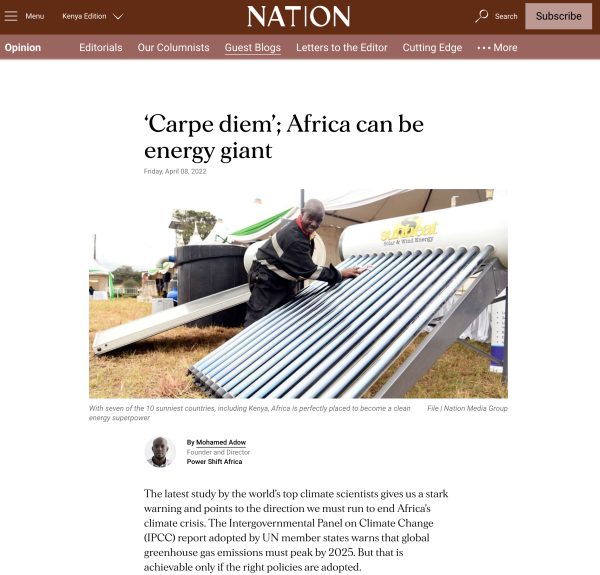
‘Carpe diem’; Africa can be energy giant
Press article in the nation.africa by Mohamed Adow, Founder and Director of Power Shift Africa.
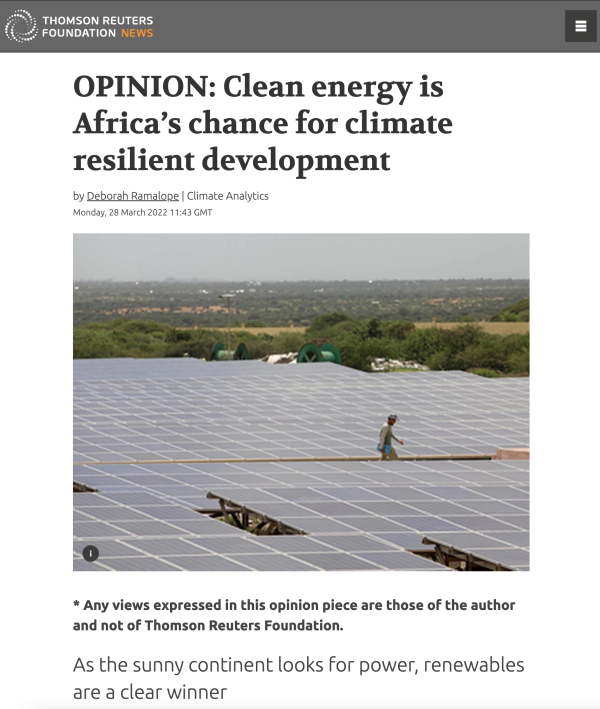
OPINION: Clean energy is Africa’s chance for climate resilient development
Op-ed from Deborah Ramalope, CA’s Policy Team Leader about the climate resilient and clean energy opportunites in Africa, highlighting the analysis from the National 1.5°C compatible emissions pathways and consistent power sector benchmarks in Africa report.
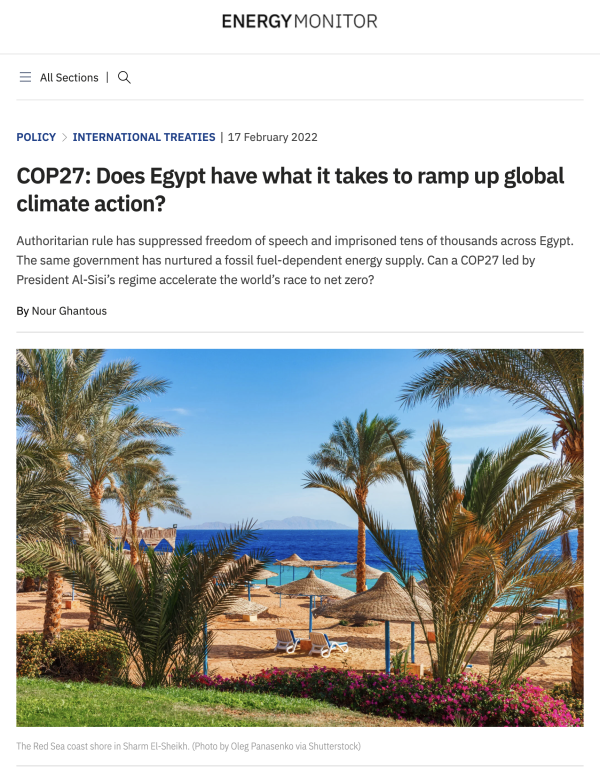
COP27: Does Egypt have what it takes to ramp up global climate action?
1.5°C National Pathway Explorer analysis for Egypt was featured in an article to support evidence that Egypt is not on track to be 1.5°C compatible.
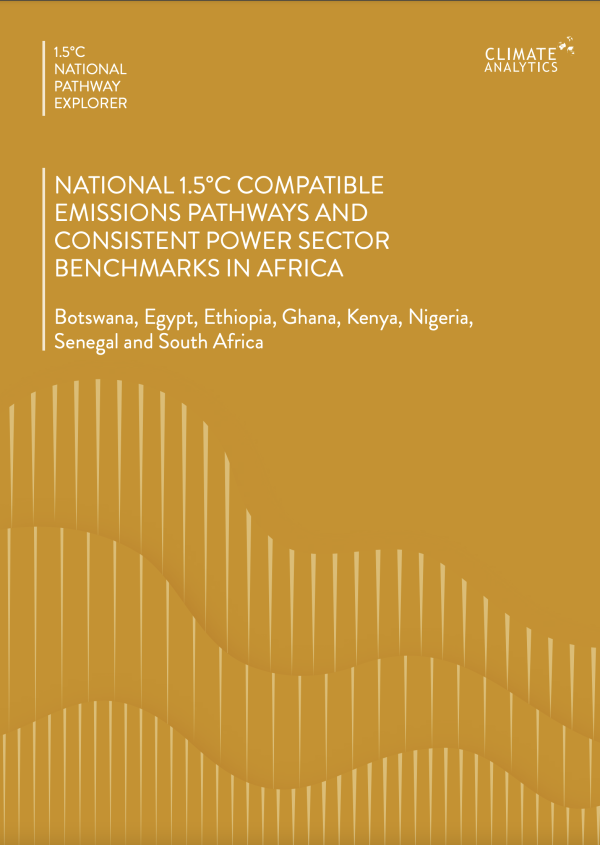
National 1.5°C compatible emissions pathways and consistent power sector benchmarks in Africa
Domestic emissions pathways required to keep to the Paris Agreement’s 1.5°C limit for eight African countries: Botswana, Egypt, Ethiopia, Ghana, Kenya, Nigeria, Senegal and South Africa are presented using analysis from the 1.5°C national pathways explorer.
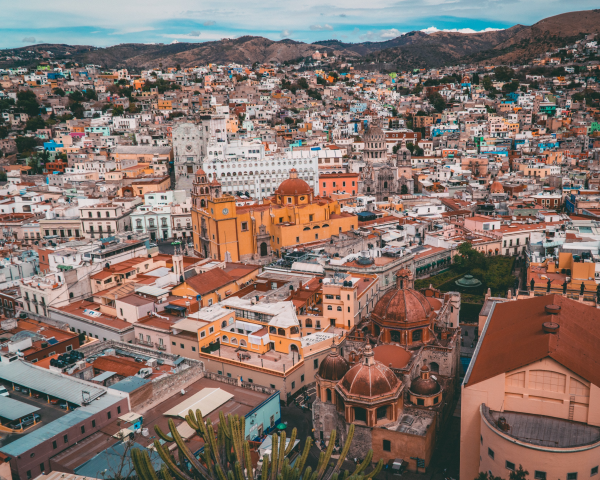
Rumbo a los 1,5°C: rutas y políticas para una transición justa en América Latina
Climate Analytics and Iniciativa Climática de México co-hosted a webinar to explore 1.5°C compatible pathways for Argentina, Colombia, Mexico and Peru and its intersection with local communities and economic development. This webinar is in Spanish.

2021 New York City Climate Week
Climate Analytics hosted a webinar during New York Climate week which included a brief summary and methodology of the 1.5°C National Pathway Explorer and analysis for Canada, South Korea, and South Afica.
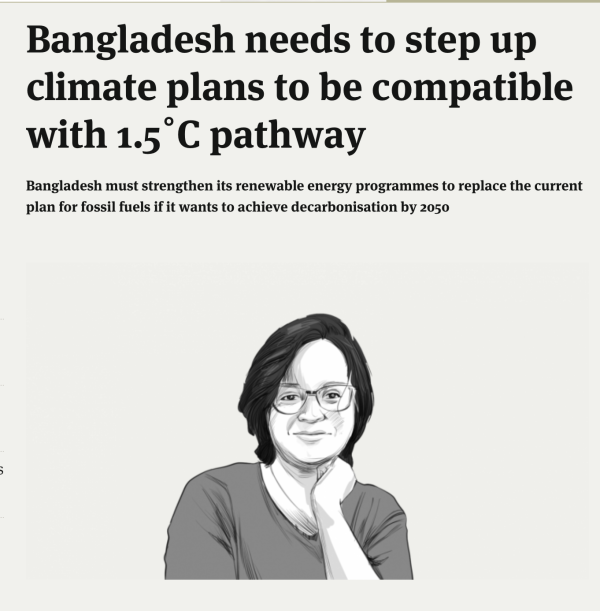
Bangladesh needs to step up climate plans to be compatible with 1.5˚C pathway
Op-ed from Dr. Nandini Das, policy analyst at Climate Analytics, about Bagladesh’s climate plans which featured analysis of Bangladesh from the 1.5°C national pathways explorer.
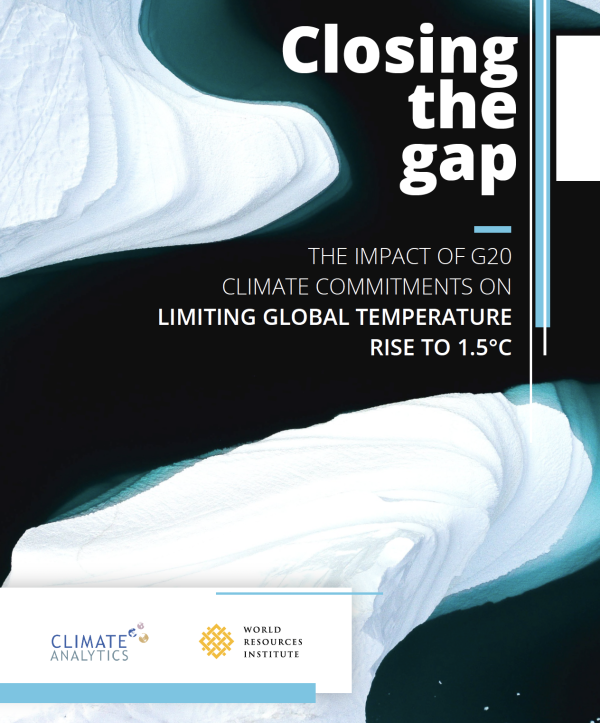
Closing the gap: the impact of G20 climate commitments on limiting temperature rise to 1.5°C
This paper presents a set of scenarios, including analysis from the 1.5°C pathway explorer, that simulate different mitigation commitments made by G20 countries for 2030 and mid-century and the resulting impacts on global temperature rise.

APAC Climate Week: 1.5°C domestic emissions pathways and key sectoral implications
Climate Analytics hosted a webinar during Asia Pacific Climate Week, presenting case studies (Bangladesh, Japan, Singapore and Pakistan) on each country’s NDC developments, LTS and a focus on the power sector and its decarbonisation time.

1.5°C national pathways for Africa: opportunities for sustainable development
Webinar event presenting the first round of results from the 1.5°C national pathways explorer with analysis for the following countries in Africa: Egypt, Kenya, Nigeria, Senegal and South Africa. Guest speaker Saliem Fakir, Executive Director of the African Climate Foundation.
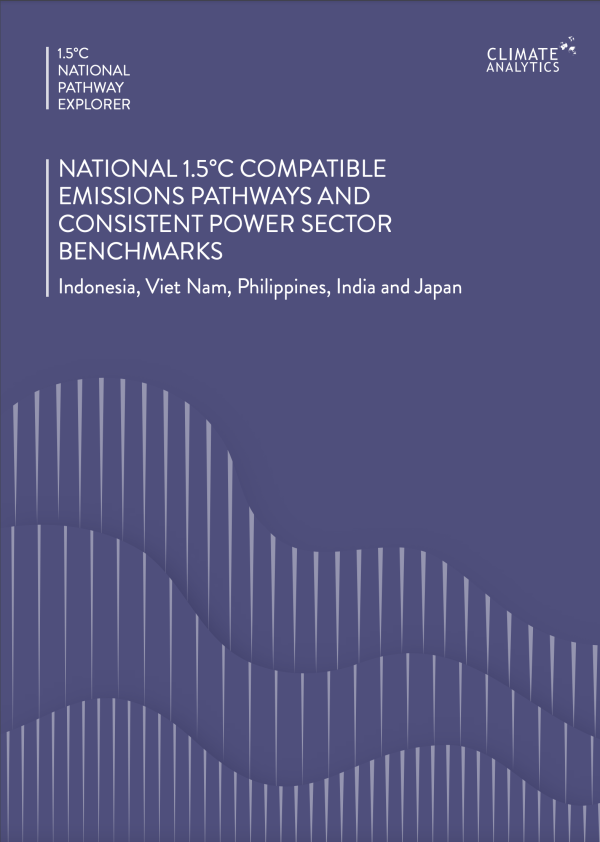
National 1.5°C Compatible Emissions Pathways and Consistent Power Sector Benchmarks: Indonesia, Viet Nam, Philippines, India and Japan
Domestic emissions pathways required to keep to the Paris Agreement’s 1.5°C limit for five countries: Viet Nam, Philippines, India, Indonesia and Japan and assessements of current 2030 climate targets are presented in this report.